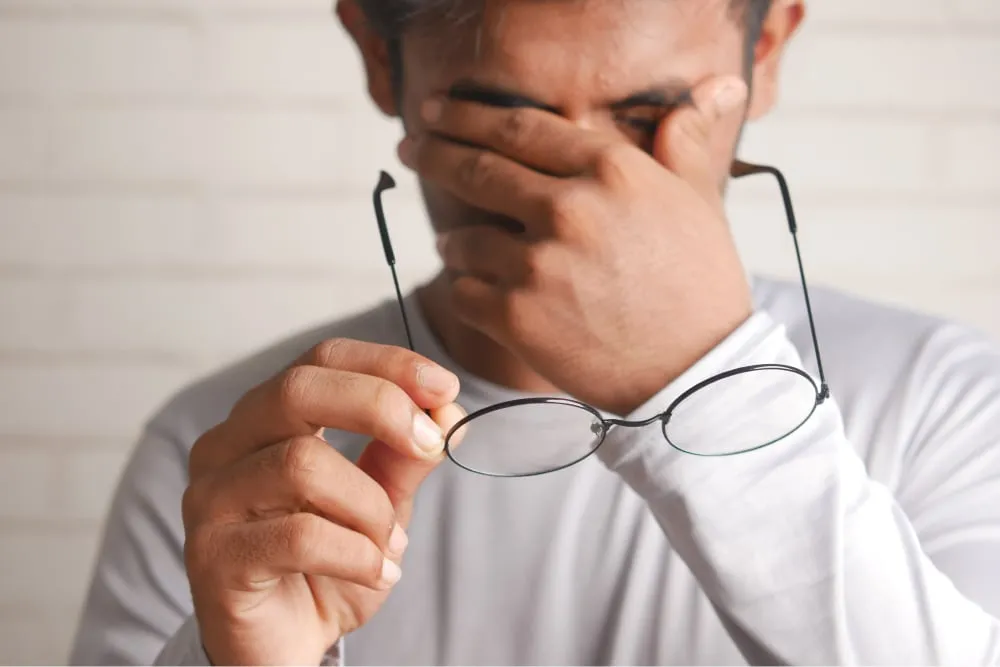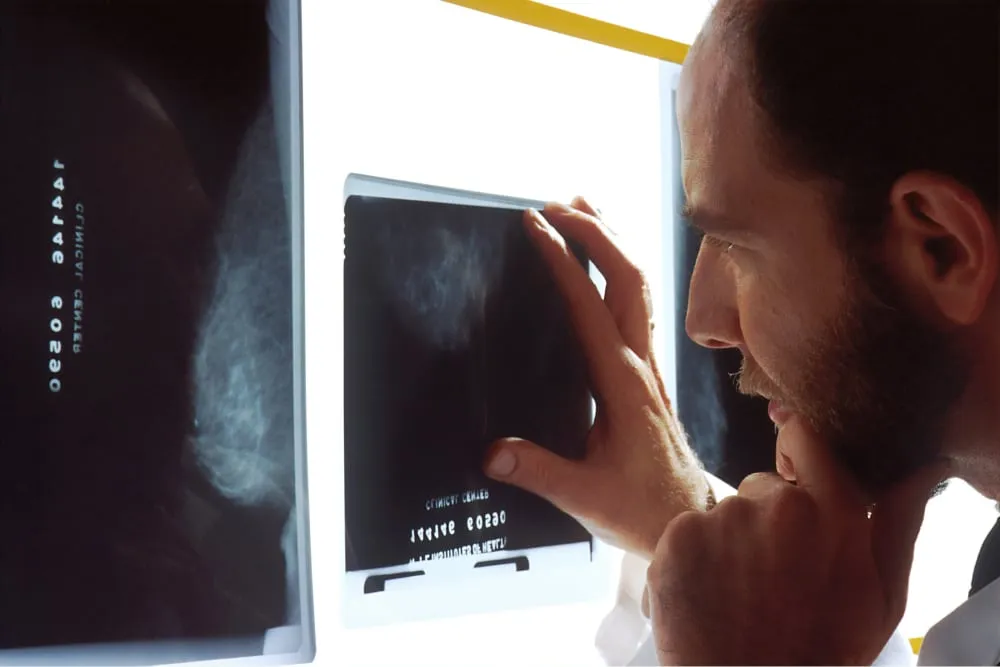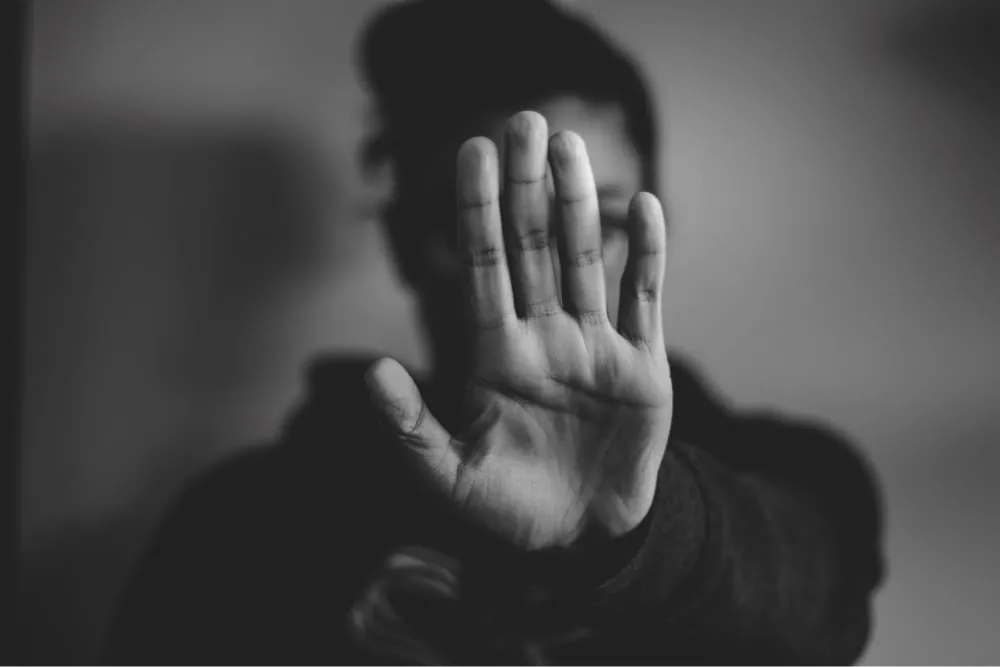Why male anorexia took so long to be recognized
Despite researchers long documenting the effects of anorexia nervosa, it took nearly a century for the idea of male eating disorders to be clinically recognized.1
Lack of menstrual period
One reason for the disparity is the way the condition was diagnosed. Amenorrhea, or the absence of a menstrual period, was long included in the Diagnostic and Statistical Manual of Mental Disorders (DSM) as a cardinal sign of anorexia nervosa, and, as there is no male equivalent of this issue, men simply could not medically qualify as anorexia patients.1
Lack of research
Another reason is the viewpoint and conclusions of most available research on AN. These studies predominantly focus on the experiences of women, and even currently, less than 1% of peer-reviewed articles on the subject exclusively examine anorexia in men.1
Difficulty in identification
The condition also presents differently in men with anorexia compared to other genders, which may make it more difficult to discern. The condition is thought to have a later onset for males, and body image concerns in male anorexia may revolve more around achieving a lean, muscular body type, as opposed to the thin ideal often present in females.1
There are additional symptoms and signs of anorexia in males that differ from how the condition is often understood in other genders.
Signs of anorexia in males
While signs and symptoms are often considered synonyms, the two have slightly different medical meanings. Signs of a condition like anorexia nervosa include physical issues that can be measured or outwardly observed.
Some specific signs and risk factors that are exclusive to men with anorexia include:2,3
- Weight history: Many men with eating disorders have a history of being mildly or moderately obese. The risk is especially high for those who experienced obesity in childhood.
- Preferred compensatory behaviors: While men with AN exhibit restrictive dieting behavior, they are more likely than women to utilize excessive exercise as a way to control weight.
Other common signs of anorexia in men include:4
- Sudden weight loss
- Failure to grow to the expected size
- Lowered testosterone levels
- Excessive dieting behavior (counting calories, skipping meals, fasting, etc.)
- Rituals or strict rules around eating
Symptoms of anorexia in males
Symptoms of anorexia nervosa or other medical issues are experiences that can only be felt by the person going through the condition. They may manifest as behaviors, as opposed to medical readings, that can be determined through testing.
Some symptoms of anorexia in males include:1,3,4
- Body ideal: While a preoccupation with body image is common in most people with AN, males tend to fixate on attaining a lean, muscular build.
- Muscle dysmorphia: A specific type of body dysmorphic disorder, this condition—where people obsess over weight gain in the form of muscle—is especially common in males with anorexia and other eating disorders.
- Co-occurring conditions: Men with anorexia frequently experience co-occurring depression, substance use disorder, and anxiety.
Other common symptoms of anorexia in males include:4
- Fatigue
- Dizziness or fainting
- Sensitivity to cold
- Low self-esteem
- Social withdrawal/isolation
- Secretive behavior around eating
Treatment for men with anorexia nervosa
Research that exclusively focuses on male anorexia and other male experiences of eating disorders is lacking, including studies that look at possible treatment options for men.
Still, research suggests that the same type of treatment that's helpful for women with these mental health disorders can be successfully applied to men.2 Generally, that consists of a multidisciplinary approach, which may involve:
Still, all-male therapy groups are recommended for men going through this experience to help minimize the feelings of stigma around opening up for help and help encourage other males with anorexia and other eating disorders to be more forthcoming about their experiences.2
It's also been suggested to focus on issues and risk factors that are more likely to affect men with anorexia, including:2
Treatment barriers for male anorexia
Several issues can make it more difficult for men with anorexia to find appropriate eating disorder treatment.
The long-held association between disordered eating behaviors and females is one of the primary barriers to treatment for men with anorexia nervosa.
Nearly all people who struggle with eating disorders combat feelings of guilt, shame, and denial, but this effect may be more powerful on men due to the stigmatization of males with eating disorders, causing them to be less likely to seek treatment.1
Screening for these mental disorders in men may also present difficulties, as a majority of research has been conducted on the female experience.1
Sadly, these delays in treatment can have severe consequences on someone's health, with nearly 50% of all men seeking treatment for eating disorders requiring immediate hospitalization.1
Getting help at Within
At Within Health, we understand that eating disorders like anorexia, bulimia, and binge eating disorder don't discriminate based on gender, race, or age. And we strive to extend care to all those who need it.
Our program involves a multidisciplinary approach, with a team of experts who can help build a treatment program tailored to your specific history and needs, whatever they may be. And you'll never have to leave home to follow this program, thanks to our interactive app, website, and options for sending food and medical equipment through the mail to ensure you can follow each step happily and proactively.
Anorexia nervosa is a dangerous condition, and it can feel impossible to overcome. But with Within Health, you're never alone, and help is always available.
Get help today 














































